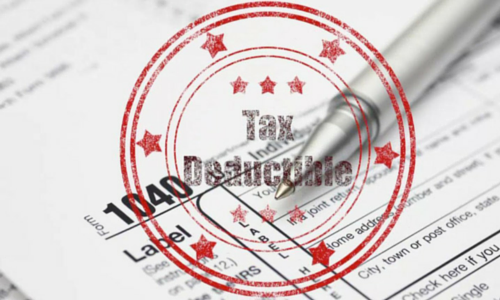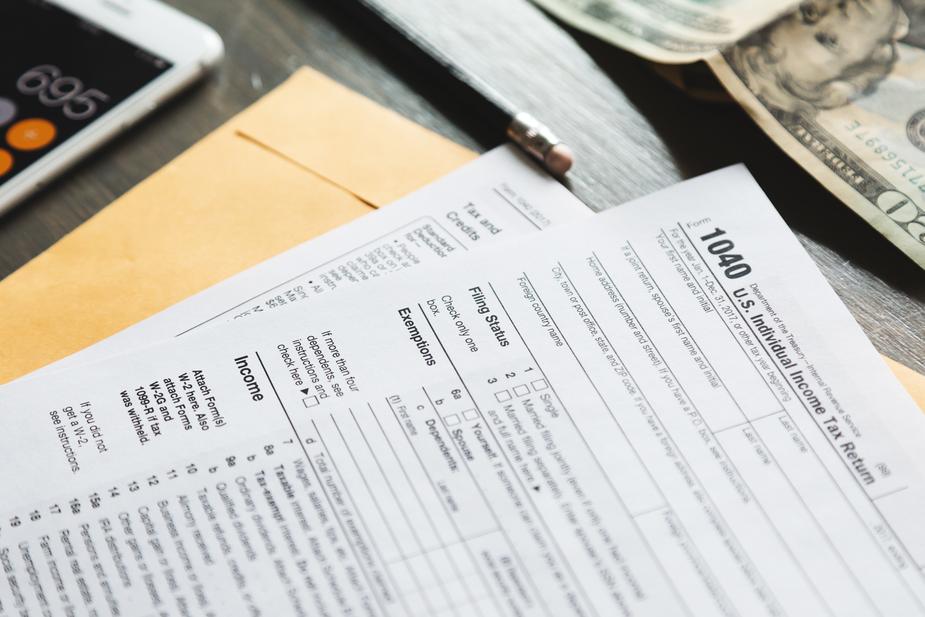When a caller who claims to be from the Social Security Administration (SSA) or the SSA Fraud Hotline tells you that you’ve been a victim of identity theft or that you are in danger of going to jail, it can be very frightening. No one wants to get in trouble with the federal government. Nor does anyone want to be the victim of identity theft. Unfortunately, by cooperating with these callers, you will in fact become a victim.
These callers may threaten you or may offer you help. Either way, it’s a fraud. Some of their tactics include:
- Threatening you with arrest or legal action unless you send payment immediately
- Warning you of possible identity fraud over the phone or threatening you over illegal actions associated with your social security number
- Texting to warn you of a problem
- Promising you benefits or offering to help with your problems in exchange for payment
- Requiring you pay with cash, gift card, wire transfer, internet currency, or prepaid debit card
- Calling with a recorded message that requests you “press 1” to speak to someone or dial a different number to talk to a person
In a recent twist, these scammers are now using these same tactics via email. They send very official-looking messages with attached documents.
How the SSA contacts you
Important correspondence with the SSA takes place through the mail. The SSA will never call you and threaten you with legal action, solicit personal information, tell you of suspected identity theft, or demand payment in return for help or to avoid arrest. Nor will they send critical paperwork via email. The Fraud Hotline is never used for outgoing calls.
If you owe the SSA money, it will send you a letter in the mail with specific instructions regarding payment options. Scammers request gift cards, cash, and wire transfers because these are difficult to track.
Recent lawsuits
The Department of Justice recently requested injunctions against five telecommunications companies and their owners for knowingly facilitating government imposter telephone scams. These companies were allowing the delivery of millions of fraudulent “robocalls” from foreign call centers to the U.S. every day for years.
While there are no doubt other companies engaged in such practices, this legal action may help curb these calls to some extent. However, it’s important you continue to be vigilant.
Protect yourself
The Office of the Inspector General at the SSA recommends the following actions to protect yourself from scammers:
- If you receive a call that claims to be from the Social Security Administration and you are not already engaged in conversation with them, hang up. Do not respond. Nor should you call any number the caller recommends or press any buttons the caller recommends.
- Do not reply to any emails that claim to be from the SSA.
- Never supply any information to someone who contacts you by phone or email claiming to be from the SSA. If you know there is an ongoing issue, call the SSA yourself rather than interact with an unknown caller.
- Never send any money in response to a request made over the phone or by email.
- Report the abuse to www.oig.ssa.gov.
- Report other scams to www.ftc.gov/complaint.
At Koelle, it’s important to us to keep our clients safe. If you believe you have a problem with the SSA that may need help from an accountant, reach out to us here at Koelle and Associates in Willow Grove, PA.





